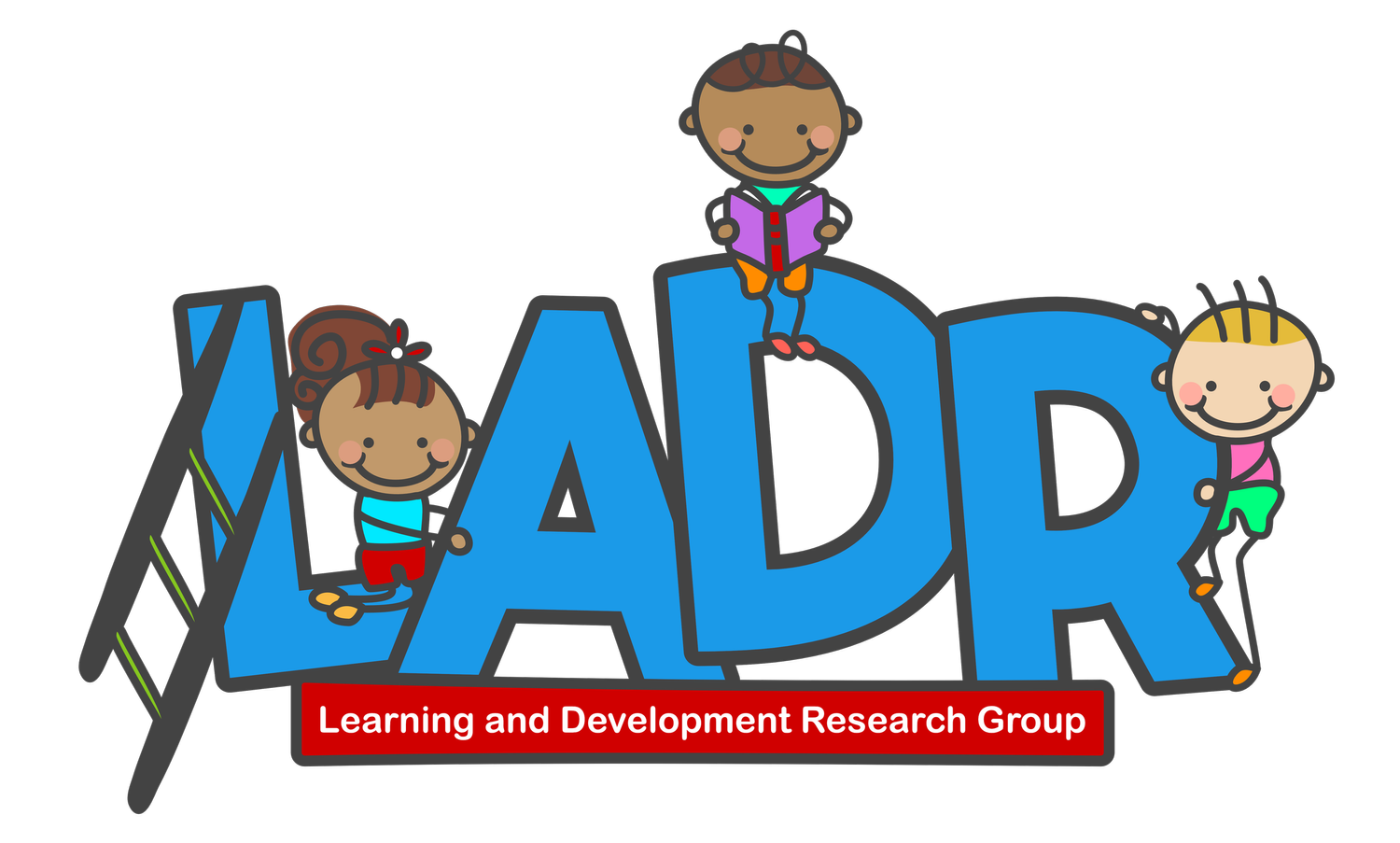Children’s abilities to regulate their attention, behaviors, and emotions underlie both their capacity for learning and school success, as well as their long-term health and well-being. We study how children’s family and school experiences impact self-regulation development, with a focus on families facing socio-economic adversity.
Adversity Within the Family Context
We study how early life challenges can affect children’s development. In the United States, our research has shown that income-based disparities in children’s home environments, cognitive skills, and health are evident in early childhood. Our research examines unique links between different types of adversity and children’s developmental trajectories. We are currently exploring how the chronicity of parental stress during the COVID-19 pandemic is linked to children’s behavioral self-regulation skills and how parents’ initial explanations of the pandemic (e.g., focusing on risks, collective safety, comfort/reassurance) are linked to children’s social-emotional skills. This work is funded by a COVID-19 Rapid Response Grant (University of Nebraska).
Selected Relevant Publications
Socioeconomic gaps in early childhood experiences, 1998 to 2010
Measuring and understanding social-emotional behaviors in preschoolers from rural Pakistan
Parenting Practices Support Children’s Self-Regulation Development
Our work focuses on the role of specific, positive family processes that support the development of children’s self-regulation skills across diverse contexts. We have developed several new coding schemes to explore global parenting behaviors, autonomy support and control, and the interdependency between parent and child behaviors on the “micro-analytic” level. Our Self-regulation and Motivation In Learning Environments (SMILE) study explores the transition from second grade to third grade.
Selected Relevant Publications
Classrooms Serve as a Unique Context for Self-Regulation Development
Efforts to support children’s self-regulatory development must necessarily include school, where they spend about half of their waking hours. Our research demonstrates that children’s executive functions grow more during the school-year months, compared to the summer months, indicating that there is something unique about formal school attendance that supports the growth of executive function skills. Our current research is exploring the role of instructional time for children’s executive function development and whether the types of mathematics activities that benefit students’ EFs differ depending on students’ EF skills at school entry funded by an American Educational Research Association-National Science Foundation Research Grant.
Classrooms provide rich opportunities for self-regulation development because they are complex social ecologies that require children to navigate relationships with peers and teachers. We show that teachers’ sensitivity and responsiveness are associated with growth in self-regulation skills during the prekindergarten year. In elementary school, teacher-child conflict and peers’ self-regulation skills play an important role in the development of children’s self-regulation skills over the school year. Our recent work highlights the importance of considering teacher well-being when examining how classroom experiences shape students’ self-regulation development.
Selected Relevant Publications
Self-Regulated Learning: The Importance of Motivation
Self-regulated learning theory emphasizes the shared importance of children’s abilities and their motivation to engage in the classroom context in generating optimal learning outcomes. Our research has demonstrated the unique roles that executive functions and motivation play for children’s classroom behaviors and achievement. Recent work suggests that the role of intrinsic motivation may be particularly important for children who have been historically marginalized by school systems and policies.
Selected Relevant Publications
